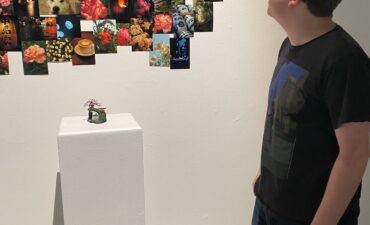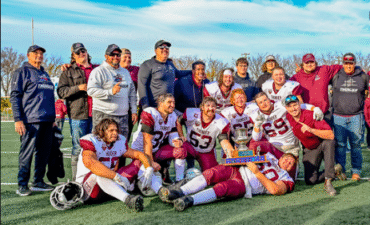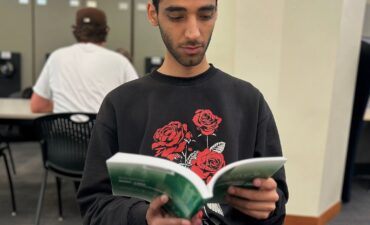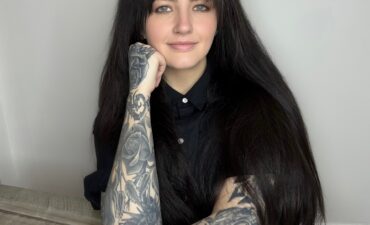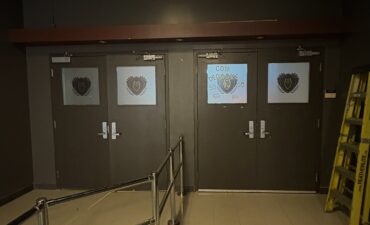Jacey Henrikson, a first-year education student at the University of Regina, is convinced the school can do more to make students feel safe in the wake of the provincial government’s plan to change public health orders.

“After attending in-person classes I feel overwhelmed,” said Henrikson. “I am experiencing large group interactions and I have heard many personal stories, of colleagues who feel uncomfortable returning and I think it’s important to protect the vulnerable.”
Saskatchewan Premier Scott Moe said at a press conference that the province’s proof of vaccination policy will be phased out on Feb. 14. Indoor masking regulations will also become non-existent on Feb. 28 when the public health orders expire. Which means indoor masking will become optional in Saskatchewan schools.
Some students attending in-person classes currently, shared their concerns.
“I think the University is handling this well,” said Divine Omogbemeh a student of electronic engineering at the University. “We have been told to stop wearing cloth masks and only use the surgical ones.”

“With respect to masking, there is currently no change in policy,” said Jeff Keshen president and vice-chancellor of the University in an email to students. “The University is retaining its indoor masking requirements until further notice. These requirements will be evaluated and adjusted if and where necessary as the term continues.”
The U of R started some in-person classes from Feb. 7 which means the vaccination policy might affect the students currently attending classes. There are plans to return to in-person classes fully from March 2, which will be a few days from this new masking regulation.
Henrikson said she understands the University is doing her best, but the volume of gatherings should be reduced because of the risk involved. She also suggested that hybrid classes or class recordings should be used at this time.
Keshen said when attending any on-campus event or activity from Feb. 14, the University will no longer require confirmation of vaccination or negative COVID-19 test results from guests. But will advise them to undertake their own rapid COVID-19 tests before arriving on campus.
Alexander Wong a professor at the University of Sask. wrote in a tweet, “I don’t think anyone is debating this.” Read more here.

Paul Dederick, associate director communications and public relations of the U of R, refused to answer further questions on this new development. He said what needs to be known is in the email sent out to the students.
“For all registered students, faculty, and staff who regularly attend campus, the University will retain proof of vaccination/testing requirements,” said Keshen. “To that end, individuals who have provided proof of full vaccination, and have supplemented their full vaccination with a booster, are strongly encouraged to regularly conduct rapid antigen tests.”
Unvaccinated or undeclared individuals on campus need to conduct rapid testing three times a week beginning Feb. 14 and submit the result.
These self-testing methods will be in effect until April 11, when classes end.
Omogbemeh said contracting COVID-19 might still be a problem even with these rules in place.
“But if everyone plays their part and adhere to the safety rules put in place, we should be okay,” said Omogbemeh.
Wong also advocates for everybody to stay safe.


